2 August 2021
Paul Blokhuis
Dutch Secretary of State
Statement for the Sinti and Roma Commemoration on the occasion of 2 August 2021, Holocaust Memorial Day for Sinti and Roma
Wielce szanowni Panie i Panowie,
w dniu 19 maja 1944 r. z obozu przejściowego Westerbork w Holandii deportowanych zostalo 247 Sinti i Romów do obozu zagłady Auschwitz-Birkenau. Przez trzy dni siedzieli upchnięci w zamkniętych, nagrzanych wagonach towarowych bez widoku, bez jedzenia, i prawie bez picia. Wśród nich była 16-letnia Medi Franz, która wraz z innymi członkami rodziny została aresztowana kilka dni wcześniej w dużym nalocie w Beek, wiosce na południu Holandii, wyciągnięta z własnej przyczepy kempingowej przez policję. Medi przeżyła obóz jako jedna z nielicznych spośród 247 Romów i Sinti z Westerbork. 215 ludzi zostało zamordowanych, wśród nich także wielu krewnych Medi. Po jej powrocie do Holandii, Medi nie mówiła o wojnie. O okrutnych wydarzeniach z obozów nie była w stanie mówić. Lamentowanie nie było w jej stylu, a zmarłych według niej należy zostawić w spokoju, a więc milczała. W raz z wiekiem Medi zaczęła stopniowo dopuszczać przeszłość. Uświadomiła sobie, że musi opowiedzieć swoją historię aby kultywować pamięć, pomimo bólu, dla nowych pokoleń Sinti i Romów oraz dla wszystkich innych ludzi. Dzisiaj w Europejskim Dniu Pamięci o Ofiarach Holokaustu Romów i Sinti upamiętniamy Porajmos, ludobójstwo dokonane na Sinti i Romach podczas II wojny światowej. Zbyt długo tak się nie działo, zbyt długo Sinti i Romowie musieli czekać aby to, co im uczyniono, zostało uznane, zbyt długo nie wspominały o nich podręczniki historii. Nie było prawie żadnych miejsc pamięci, nie wysłuchano ich. Wszystko to przyczyniło się do tego, że Sinti i Romowie w Europie często nadal sa poszkodowani, czują się wykluczeni i dyskryminowani, ponieważ są tacy jacy są. Również w Holandii Sinti i Romowie, którzy przeżyli wojnę, napotykaja na ogromny chłód. Na szczęście wiele się zmieniło od tego czasu. Jeśli chodzi o uznanie historii przeszliśmy już długą drogę. Dziś wspólnie spoglądamy w przeszłość i w przyszłość, wraz z wspaniałymi, wyjątkowymi ludźmi ze społeczności Sinti i Romów. Osobiste historie pomagają nam pomóc zrozumieć to, co się stało i zrozumieć tych, którzy zostali pozbawieni wolności. Uczą nas, co może się zdarzyć, gdy bezprawie, obojętność, nienawiść i nietolerancja zyskują przewagę. Dlatego tak ważne jest, abyśmy pamiętali o historii Medi, historii wszystkich Sinti i Romów i zawsze o nich mowili. Dlatego ja również opowiadam tę historię, która zawsze mi towarzyszyła, jeszcze raz dzisiaj, abyśmy nigdy nie zapomnieli o losach ludzi z tych historii. Dziękuję.
Mädie Franz, aged 16, was one of them. She and 9 family members had been snatched from their caravan in a big raid by the police of Beek, a village in the southern Netherlands.
Mädie survived the camp. She was one of the few who did. Of the 247 Sinti and Roma from Westerbork, 215 were killed. Including most of Mädie’s family.
After she returned to the Netherlands, Mädie didn’t talk about the war. The horrors of the camps – she couldn’t deal with them. She never complained. As for the dead, she thought it better to leave them in peace. She chose silence.
As Mädie grew older, she opened up to the past bit by bit. She understood that the story had to be told. The memories – however painful – had to be kept alive. For new generations of Sinti and Roma. And for everyone else.
Today, on European Roma Holocaust Memorial Day, we mark the Porajmos, the genocide of Sinti and Roma during the Second World War.
For too many years, this day was not marked. For too many years, Sinti and Roma people had to wait for recognition of what had been done to them. For too many years, our history books did not mention them. There were hardly any memorials. No one listened to their stories.
This has contributed to the disadvantaged position that many Sinti and Roma still occupy in Europe today. They feel excluded and discriminated against because of who they are.
In the Netherlands, too, Sinti and Roma who survived the war faced a very cold reception from society when they returned.
Fortunately, this history is now being recognised. Together, we are remembering the past and looking towards the future. Together with the splendid, unique people who make up the Roma and Sinti community.
Stories help us understand history and the people who were robbed of their freedom. Stories make clear what can happen when lawlessness, indifference, hatred and intolerance prevail.
That’s why it’s vital that we keep telling Mädie’s story, and the stories of all the other Sinti and Roma. That’s why I’m telling this story again – a story that still haunts me. So that we never forget them.
Statements 2021
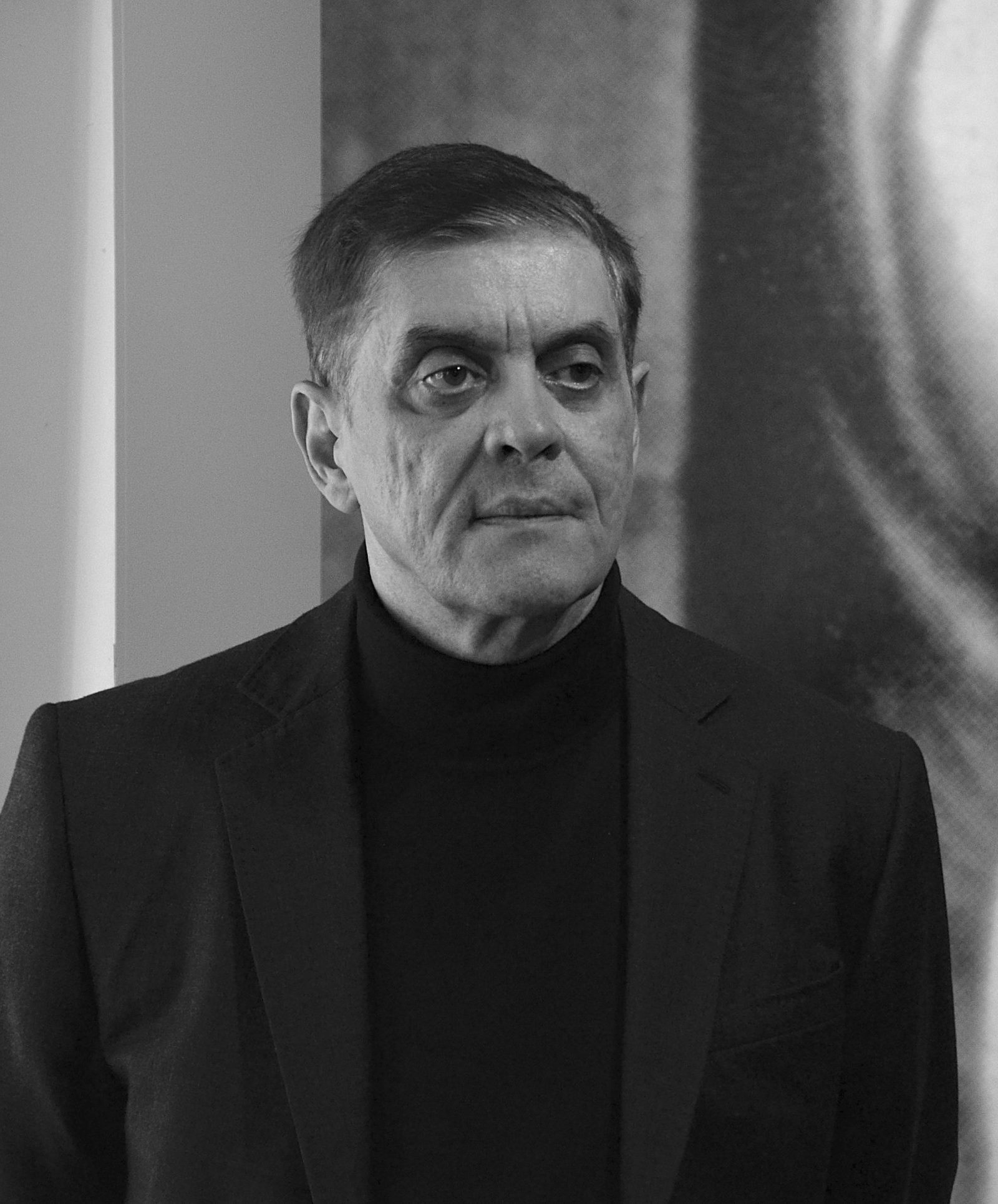
Romani Rose
Przewodniczący Centralnej Rady Niemieckich Sinti i Romów

Katarina Barley
Vice President of the European Parliament
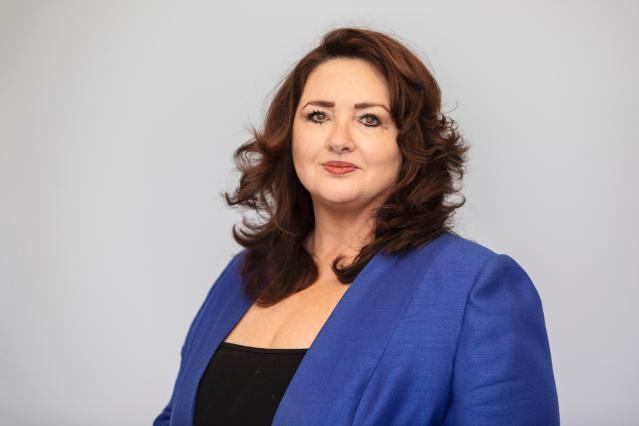
Helena Dalli
Komisarz ds. Równości Unii Europejskiej
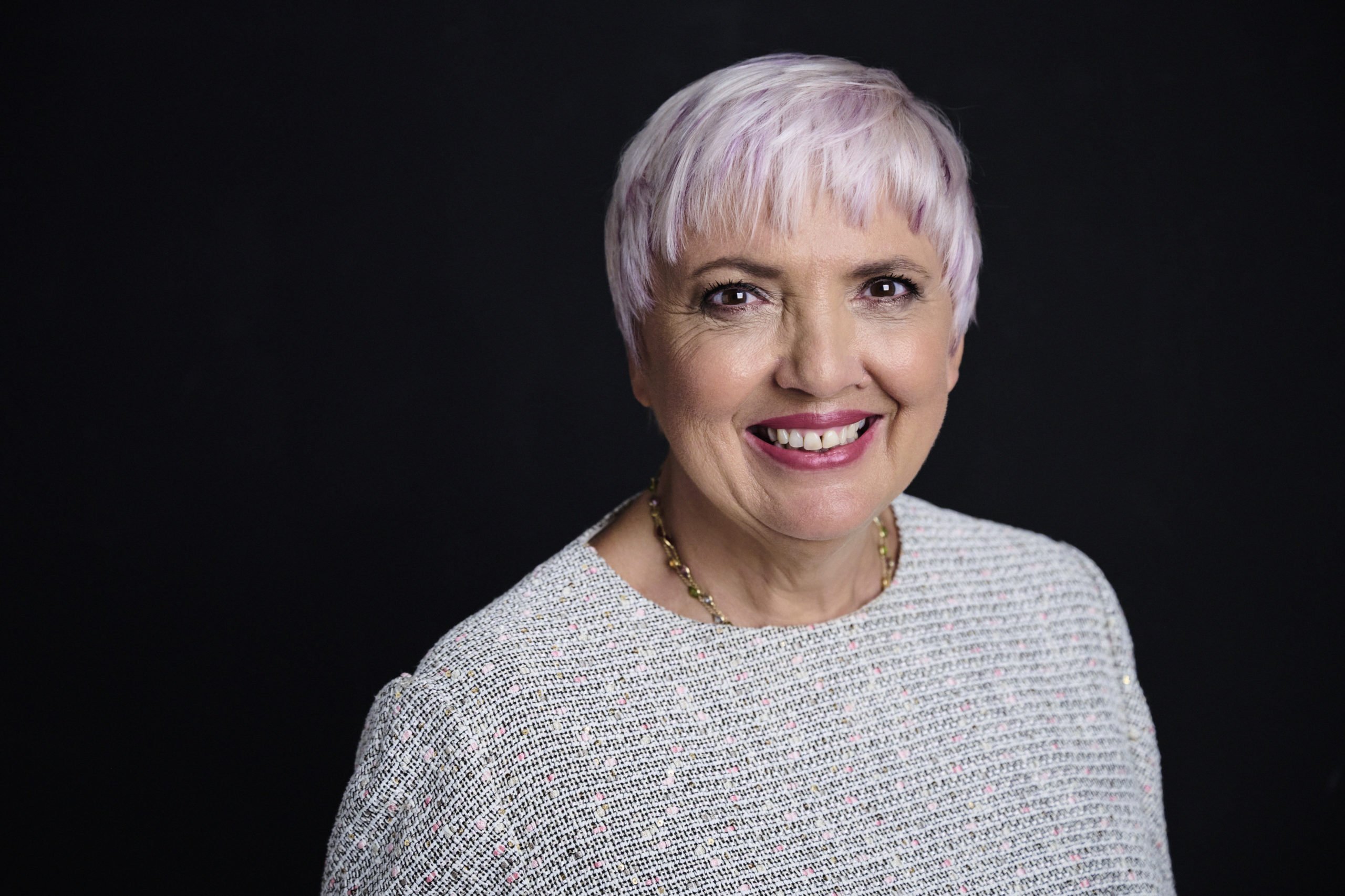
Claudia Roth
Vice President of the German Bundestag
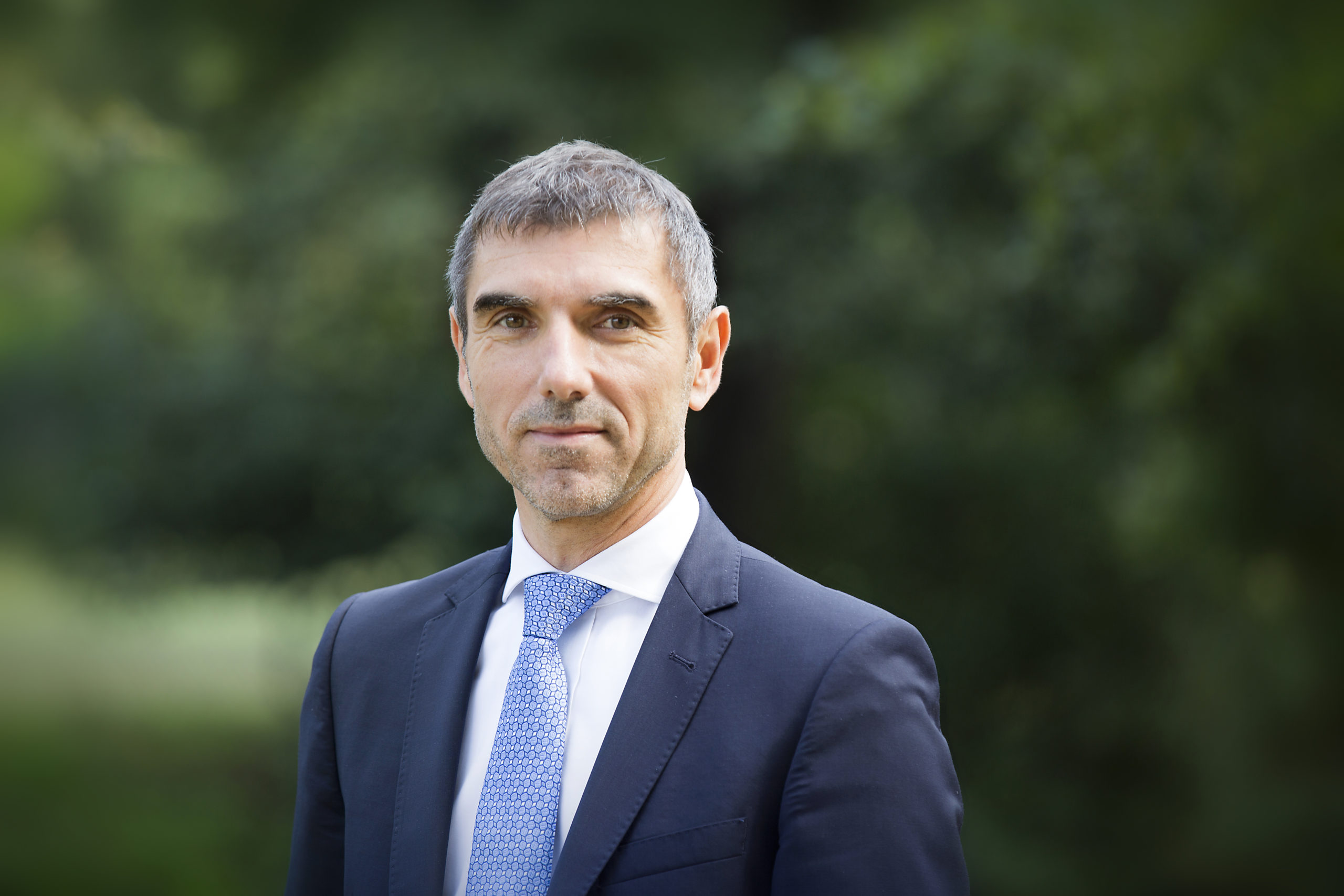
Paul Blokhuis
Dutch State Secretary Paul Blokhuis
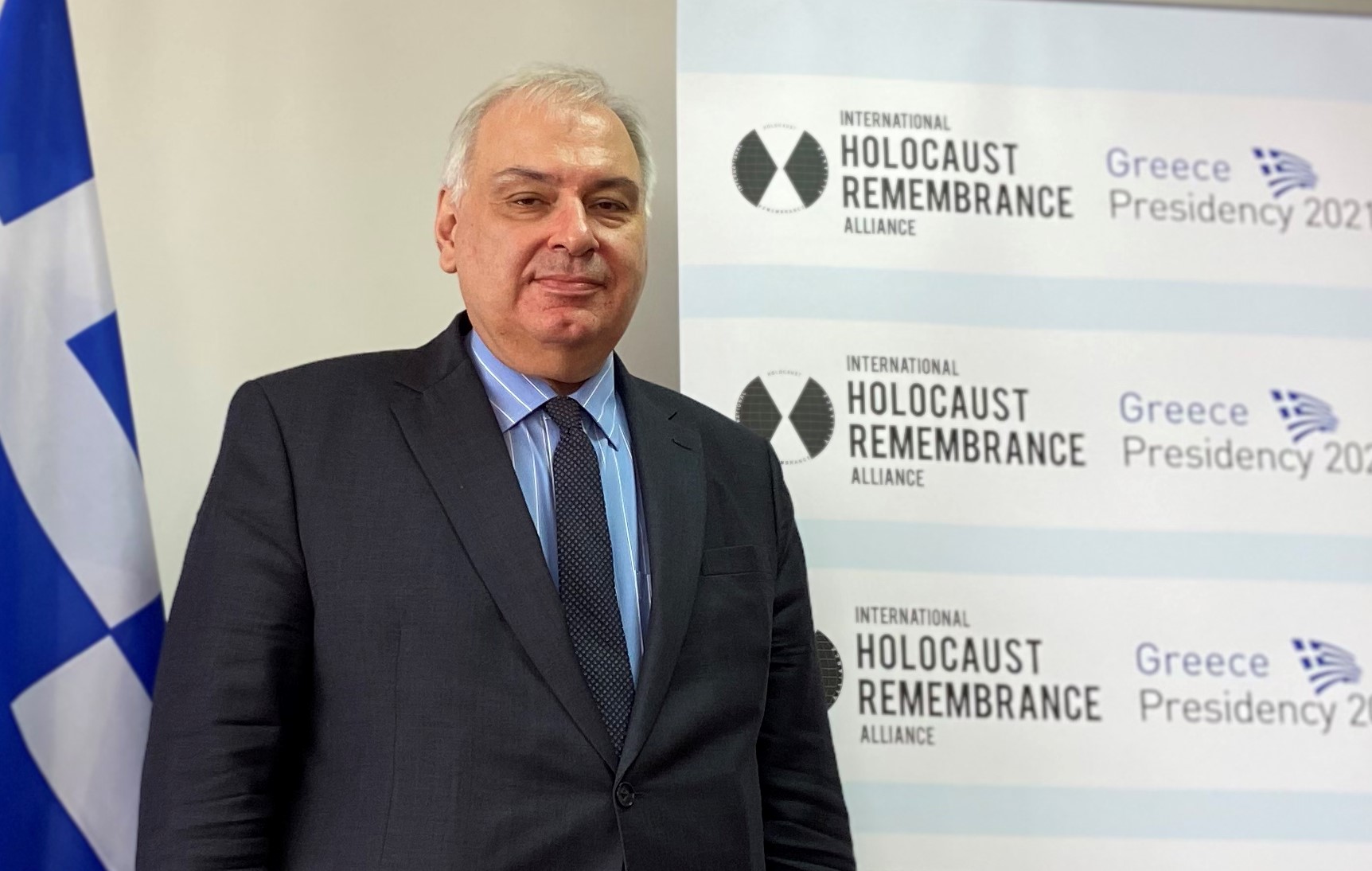
Chris J. Lazaris
Amb. Chris J. Lazaris, IHRA Chairman
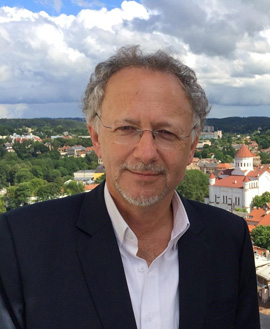
Fernand des Varennes
UN Special Rapporteur UN minorities
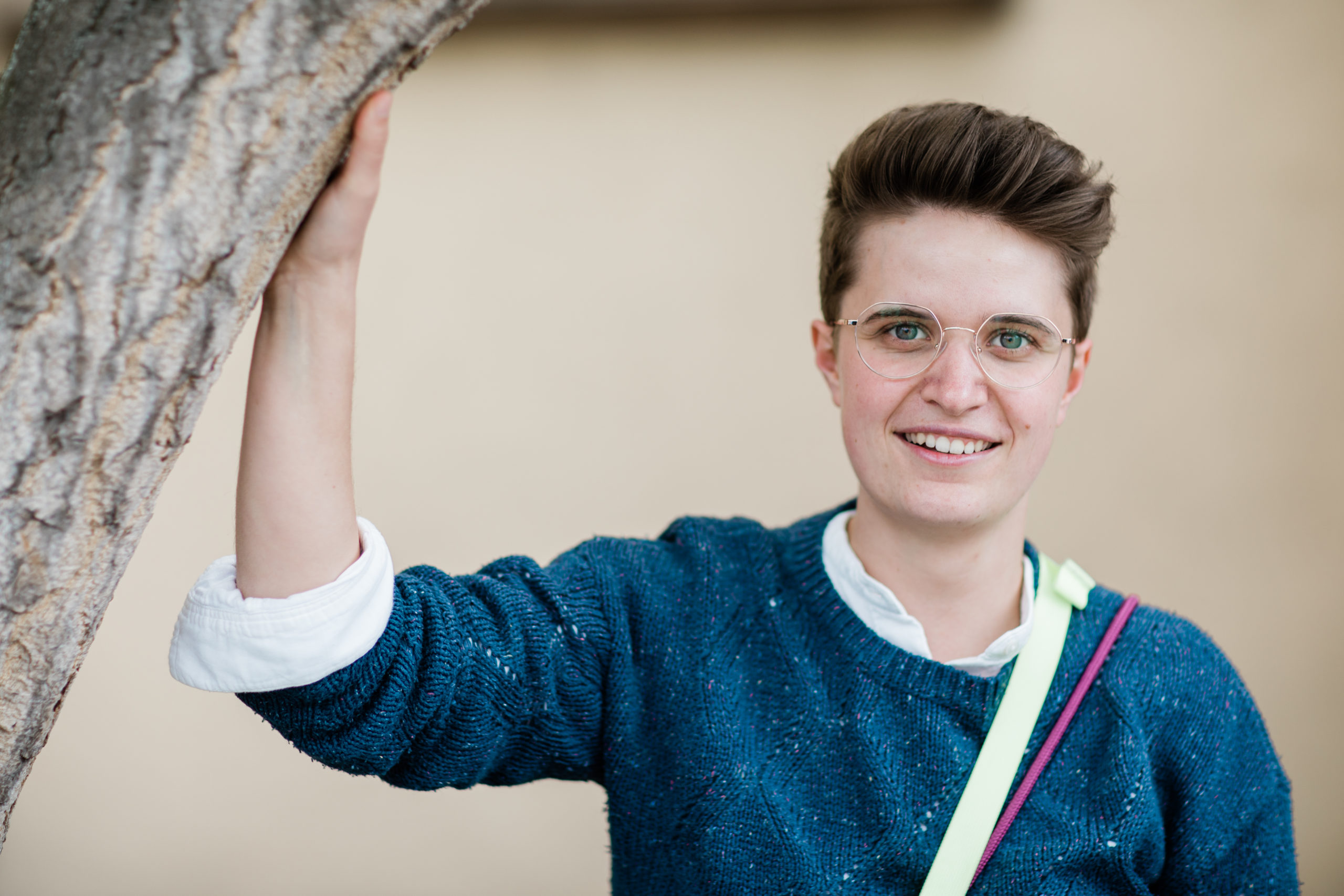
Anna-Nicole Heinrich
President of the Synod of the Evangelical Church in Germany (EKD)

Justin Trudeau
Prime Minister of Canada
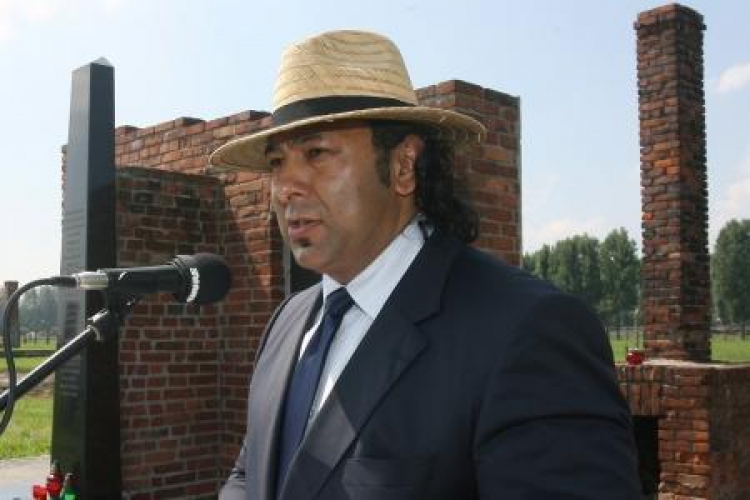
Roman Kwiatkowski
Chairman of the Association of Roma in Poland
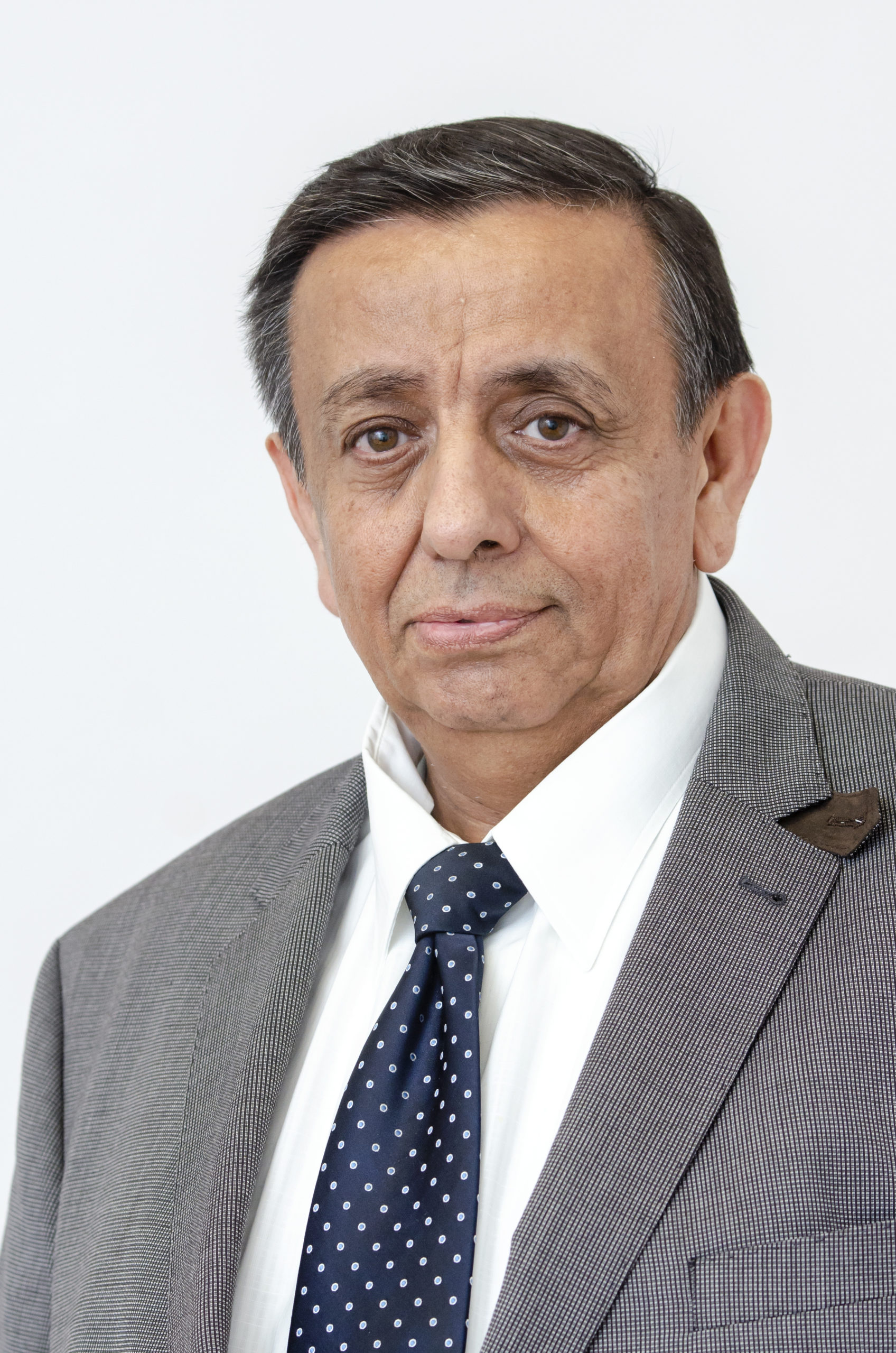
Erich Schneeberger
Deputy Chairman of the Documentation and Cultural Center of German Sinti and Roma and Chairman of the Association of German Sinti and Roma
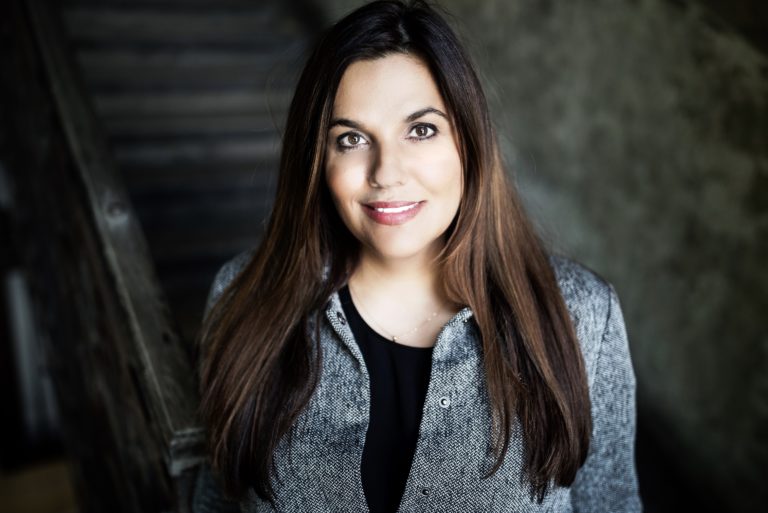
Timea Junghaus
Executive Director
European Roma Institute for Arts and Culture (ERIAC)
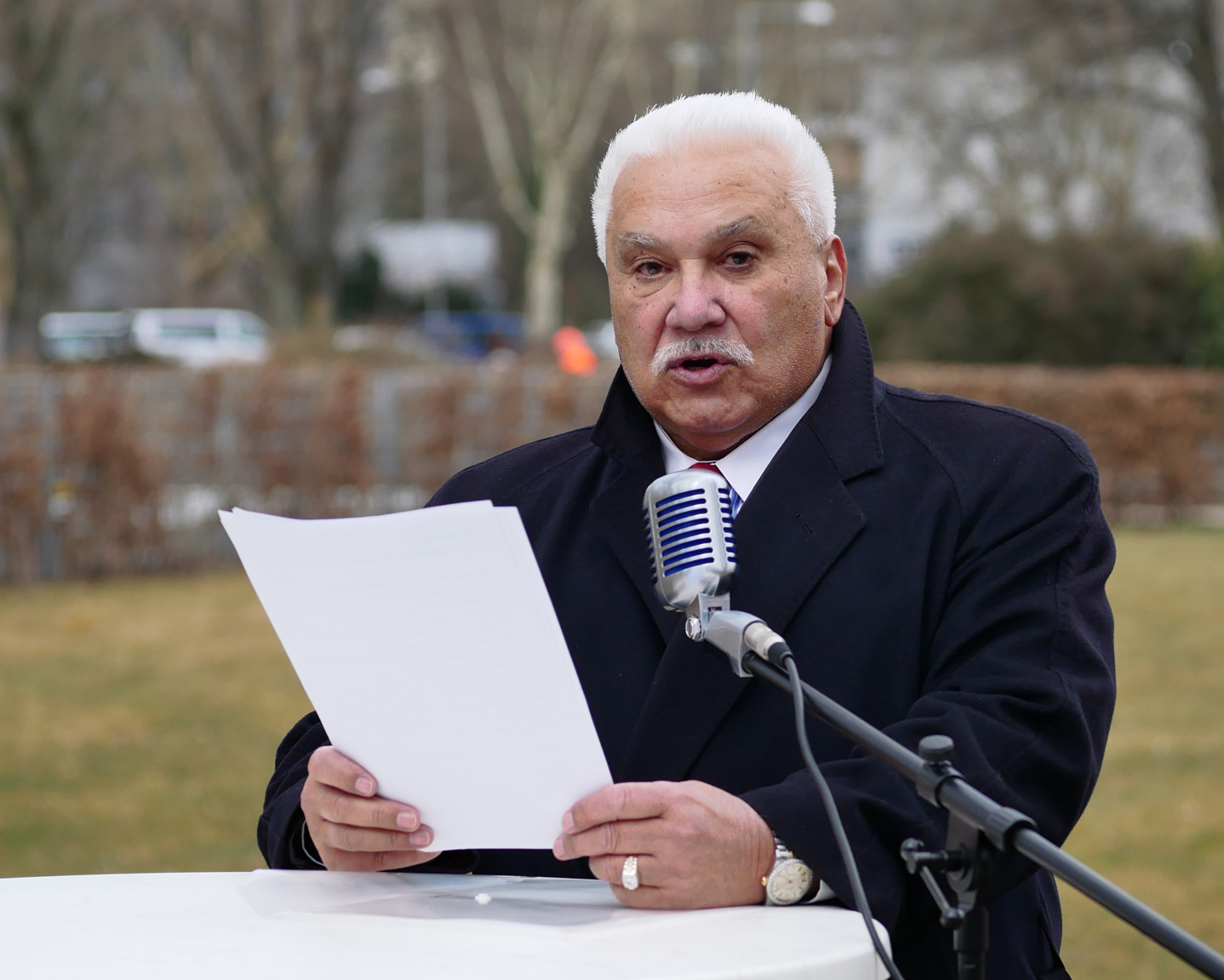
Adam Strauß
Chairman of the Council of German Sinti and Roma in Hesse
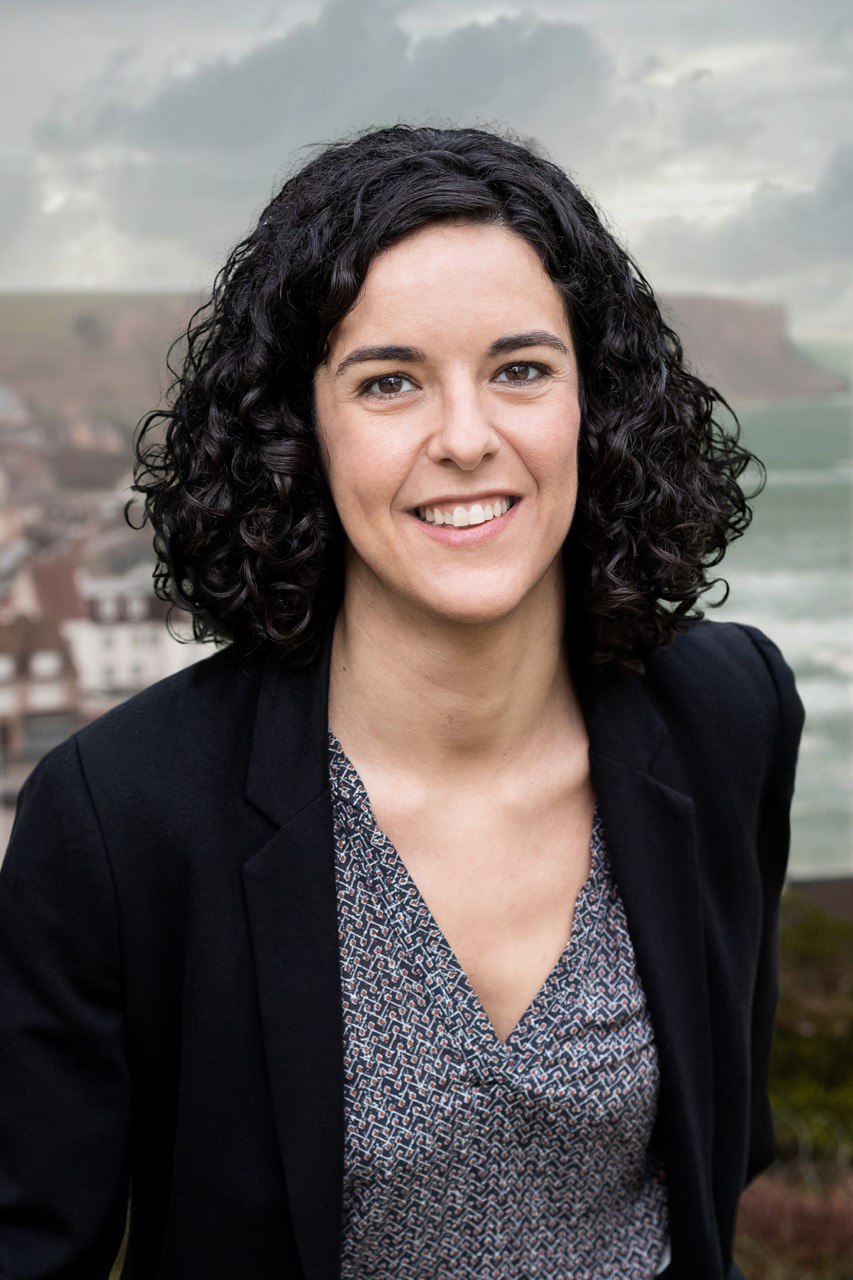
Manon Aubry
Manon Aubry, MEP
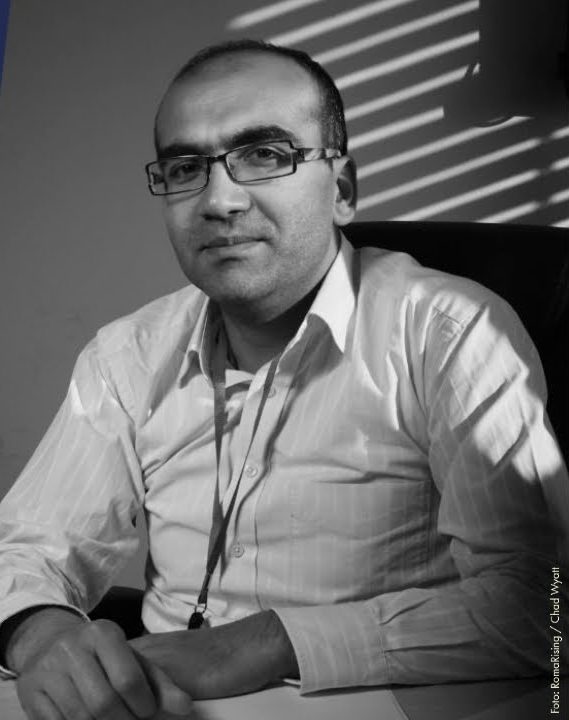
Adrian-Nicolae Furtuna
Historian at the University of Bucharest
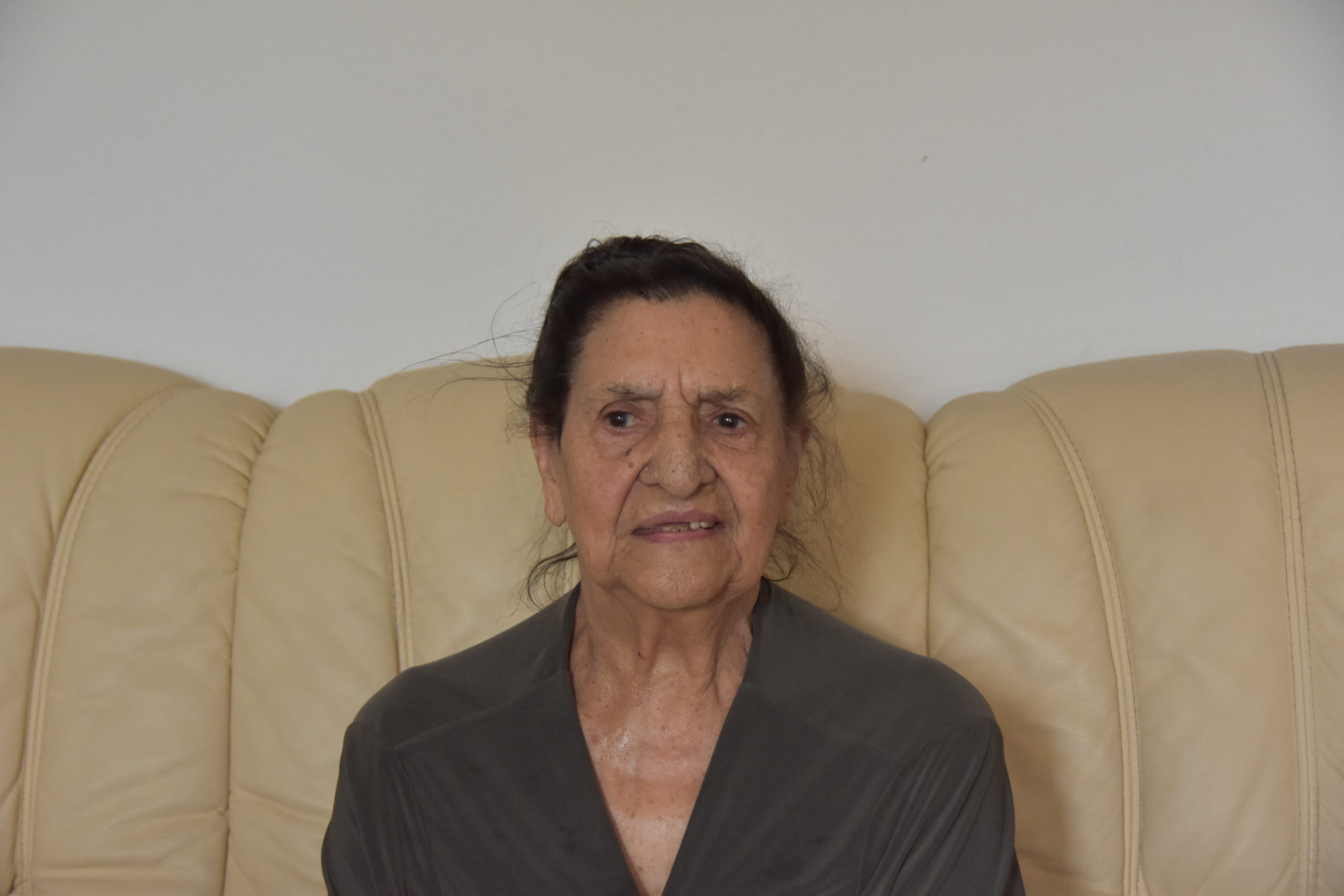
Philomena Franz
Holocaust Survivor

Angelina Kappler
German former Weinkönigin
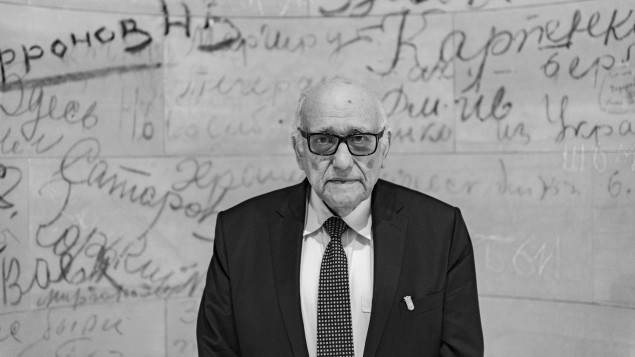
Marian Kalwary
Chairman of the Association of Jews,
Survivors and Victims of the Second World War
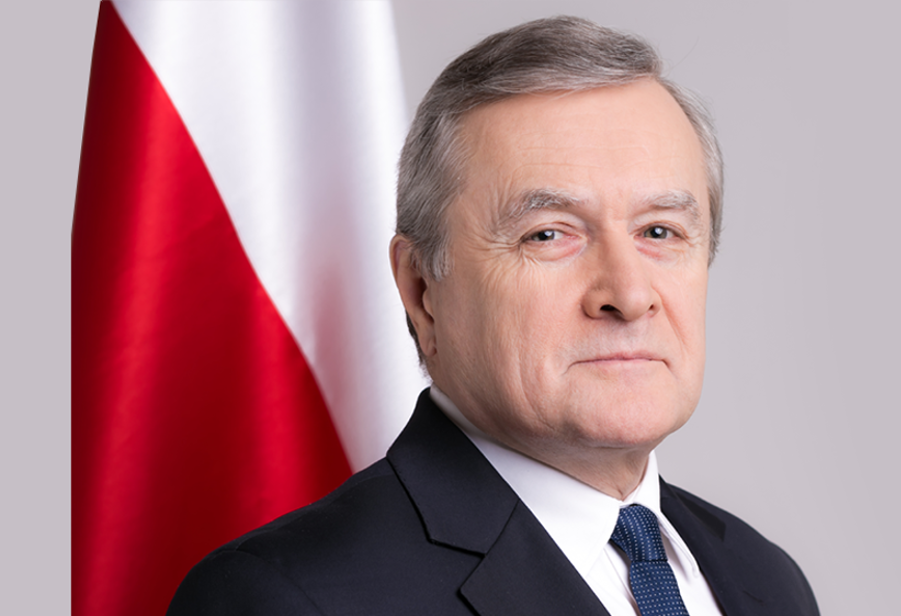
Piotr Gliński
First Deputy Prime Minister and the Minister of Culture and National Heritage of Poland
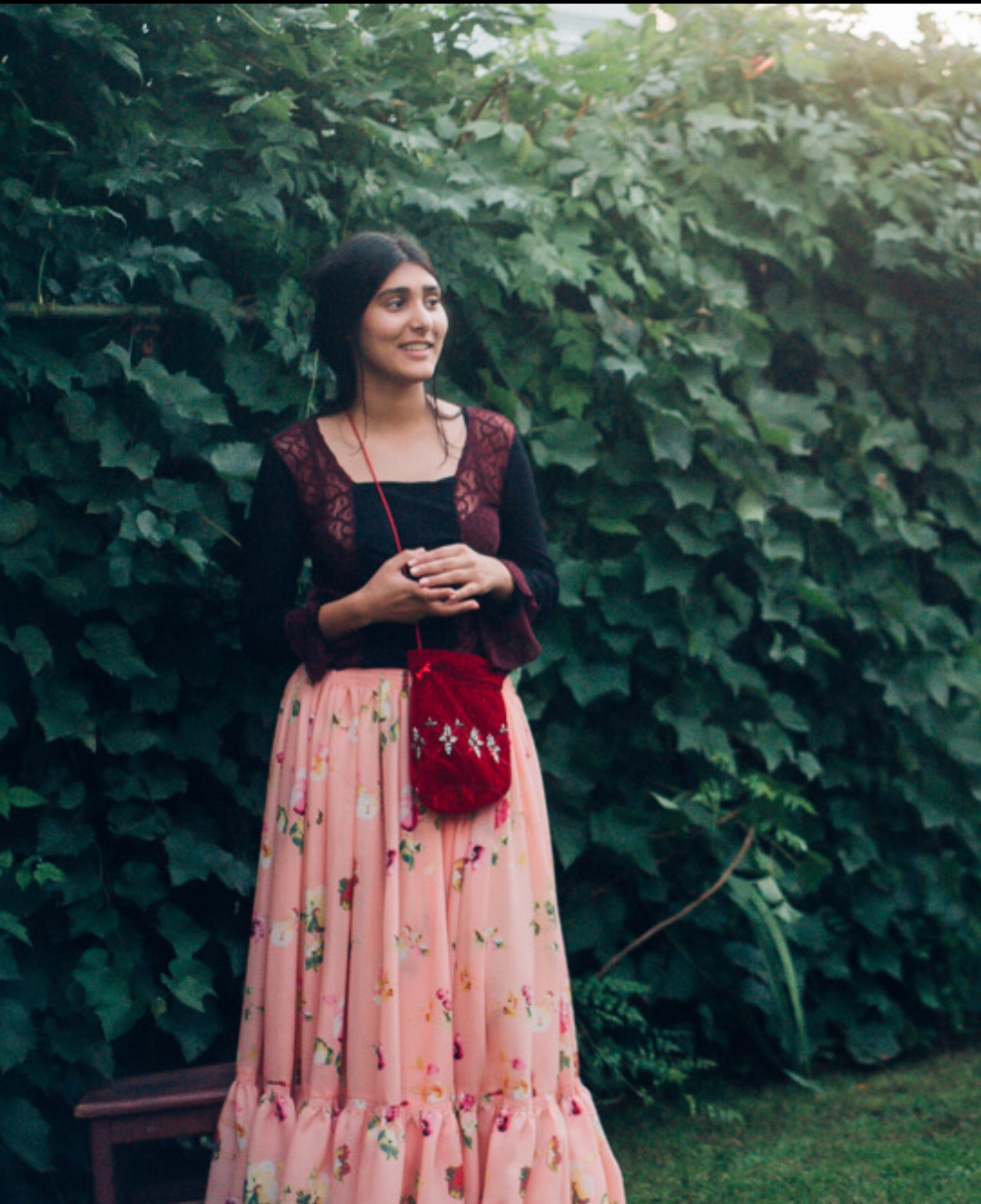
Izabela Tiberiade
Young Activist from Sweden
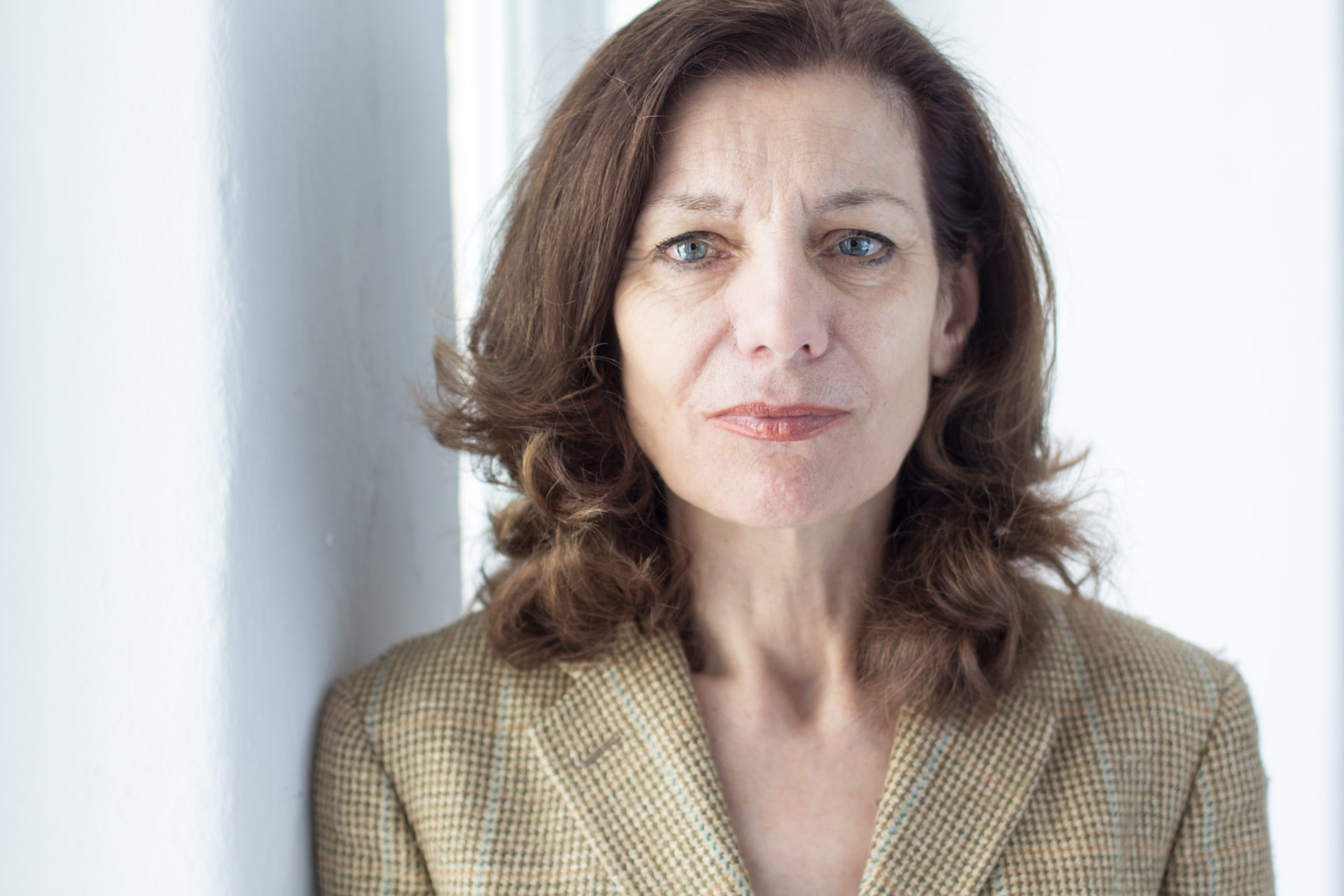
Ursula Krechel
Writer
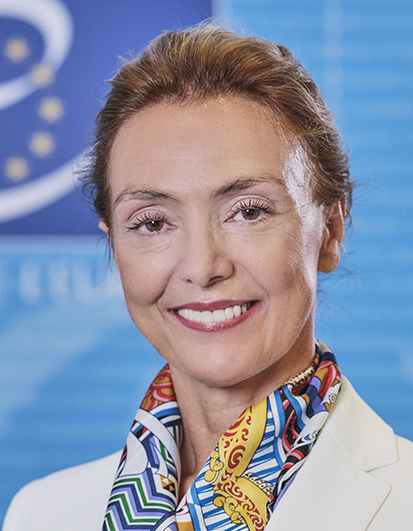
Marija Pejčinović Burić
Sekretarz Generalny Rady Europy
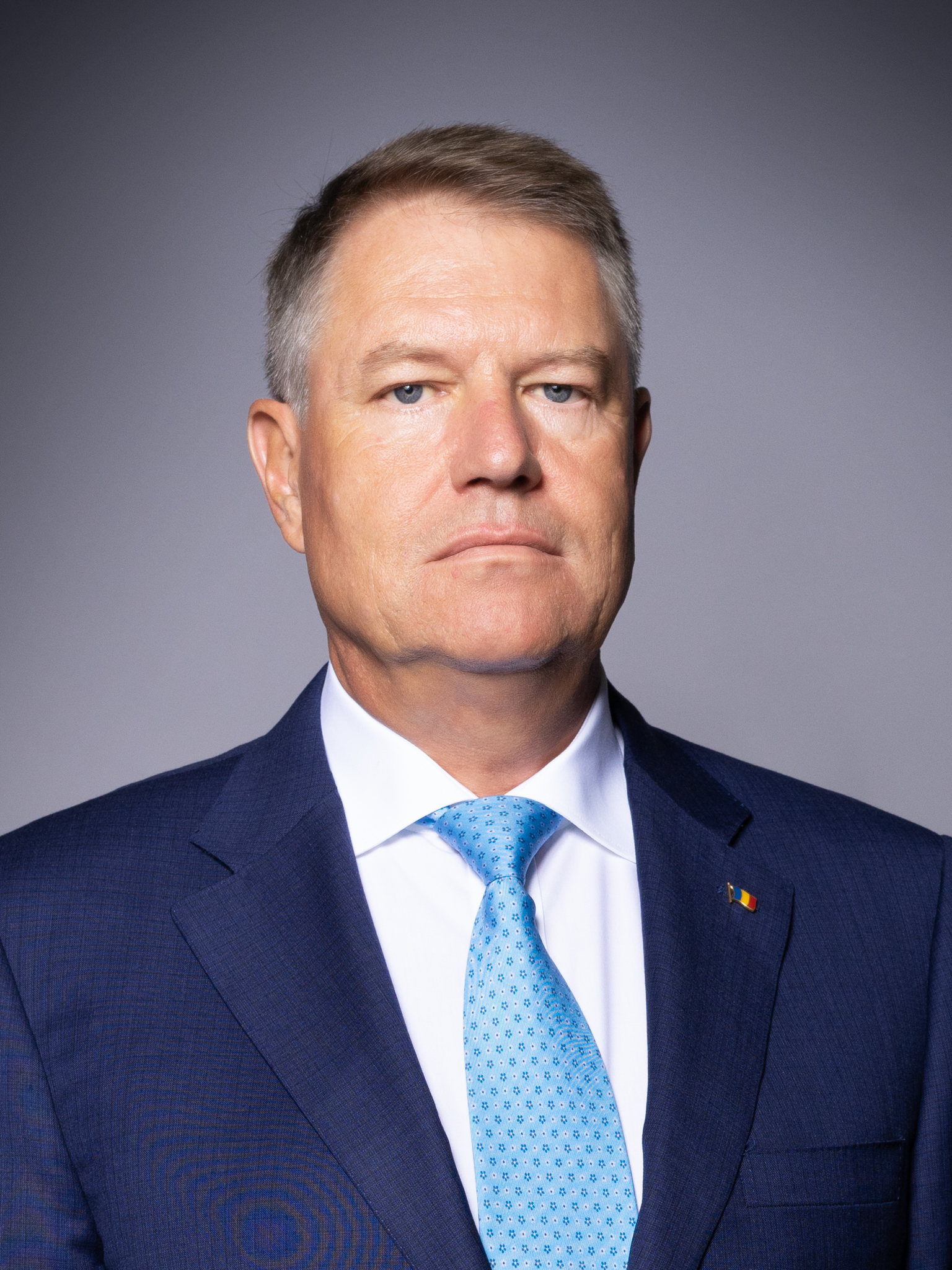
Klaus Iohannis
Prezydent Rumunii










